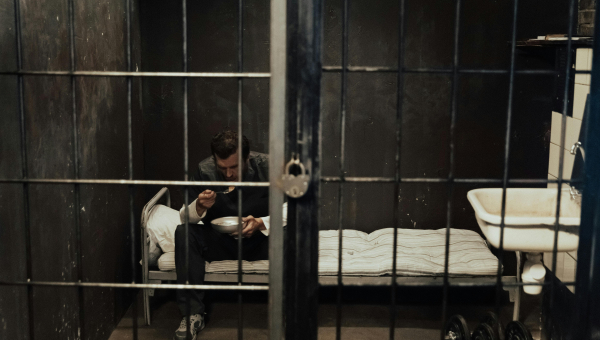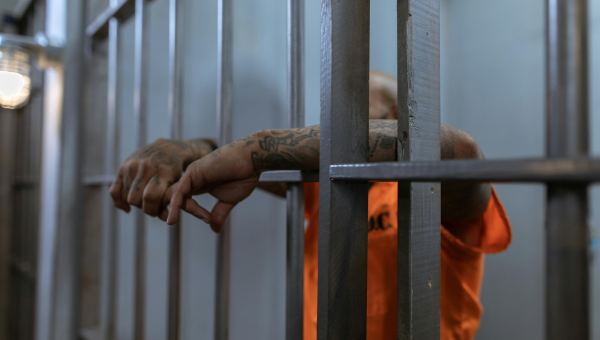Cell phone data has become a valuable tool for the justice system, especially in criminal cases. With approximately 98% of the US population owning a cell phone, and 91% using a smartphone, subpoenaing a suspect’s cell phone records is common.

In today’s society, managing food allergies and potential exposure to them can be stressful. People who experience allergic reactions from food have to carefully read ingredient lists, be aware of the types of food processed in various factories, and disinfect anything that comes into contact with an allergen.

Custody agreements are usually fairly rigid during the school year, with the majority of school-aged children living in one parental home during the weekdays and traveling to the other parental home for visitation. But summer vacation provides an opportunity to switch up the custody schedule, which can be a blessing or a nightmare for co-parents.

It’s not every day that an Arkansas native makes national news, but this week, Grant Hardin escaped from Calico Rock Prison and still remains at large. The FBI, in conjunction with Arkansas law enforcement and the US Marshals Service, has announced that Hardin should be considered armed, dangerous, and an escape risk.

From the outside looking in, the Menendez family appeared to be an average family. Jose Menendez was a music executive who signed acts like Duran Duran and Menudo, allowing his family to move across the country and settle down in Beverly Hills, California. Jose’s wife, Kitty, managed the family household while their two sons, Erik and Lyle, attended school.

On Christmas Eve 2002, Laci Peterson, 8 months pregnant with her husband’s child, was reported missing. As the case started to unravel, the media frenzy followed, and eventually in 2004, Laci’s husband, Scott Peterson, was charged with killing Laci and their unborn son. Scott was given the death penalty, which was later overturned by the Supreme Court of California in favor of life in prison without the possibility of parole.

Artificial intelligence, commonly known as AI, has grown exponentially over the last 75 years. It all started in 1950, with Alan Turing’s “Computing Machinery and Intelligence.” After his publication, the world watched in awe as computers learned how to play checkers and converse with humans. And those AI systems were pre-1970!




